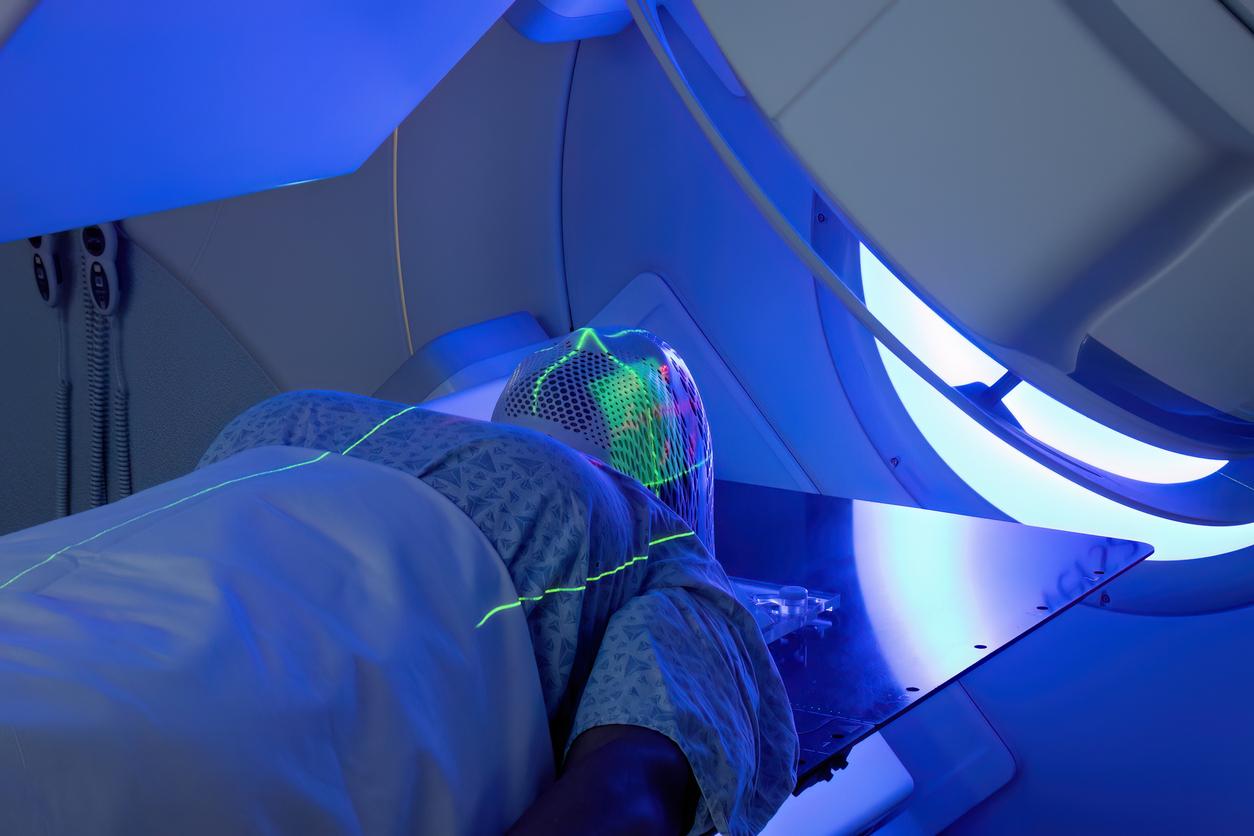420 doctors, including Dr Irène Frachon, at the origin of the revelation of Mediator scandal, have just signed a petition calling for the establishment of a parliamentary mission to assess “the advisability” of the Gardasil vaccine.
This vaccine, marketed by Sanofi Pasteur MSD, is intended to prevent certain precancerous lesions of the cervix. But three months ago, nine complaints were filed by young women for “unintentional bodily harm and aggravated deception”.
Gardasil: 9 cases of disabling diseases
As their lawyer explained at the time: these nine women, aged 18 to 24 and living all over France have in common having contracted very debilitating diseases in the weeks and months following the vaccination with Gardasil then that they had no medical history.
Five of them contracted Verneuil’s disease (chronic inflammation of the skin), one lupus (autoimmune disease), another Guillain-Barré disease (an inflammatory autoimmune disease of the nervous system), one suffers from myasthenia gravis (autoimmune neuromuscular disease), and the latter suffers from idiopathic hypersomnia (deep or excessive sleep).
Since 2008, part of the medical profession has contested the usefulness of the Gardasil vaccine and that of its competitor, GSK’s Cervarix. Doctors, who also point the finger at the cost of this vaccine (123 euros per dose) for an effectiveness “which is not established” therefore demand that a parliamentary mission looks into this issue.
Gardasil in the vaccination schedule
The papillomavirus vaccination Human is now recommended for all girls aged 11-14. One of the three doses of vaccination against human papillomavirus infections can be co-administered, in particular with the booster
diphtheria-tetanus-pertussis-poliomyelitis expected between 11 and 13 years or with a vaccine against hepatitis B, as part of the vaccination catch-up.
In addition, as part of the catch-up vaccination, the vaccine is now recommended for girls and young women between the ages of 15 and 19.


















